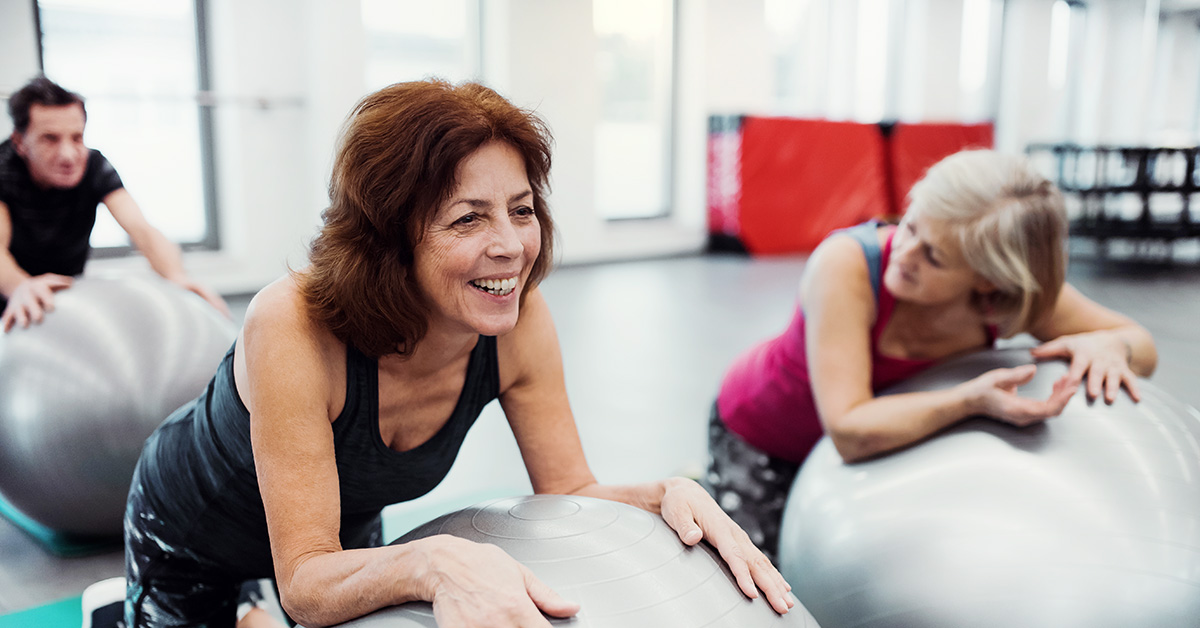The World Health Organisation defines mental health as a state of well-being in which every individual realises his or her own potential, can cope with the normal stresses of life, can work productively and fruitfully, and is able to make a contribution to her or his community. When mental health conditions occur an individual may experience an impact on:
- day-to-day functioning
- relationships
- distress
- physical health
- premature death from suicide
Mental health statistics
Almost half of all Australians aged 16 to 85 will experience mental illness at some point in their life. The most common conditions are:
- Anxiety
- Affective disorders, especially depression
- Substance use disorders, particularly alcohol consumption
In older adults, loneliness seems to have a significant impact on mental health and well-being. Research has found one in 2 adults reports feeling lonely at least once a week, with older adults most prone to experiencing loneliness. This negative feeling can be harmful to both physical and mental health and is a significant health issue because of the serious impact it has on people’s lives.
- Research has shown that being lonely can increase your risk of early death by 26%.
- In 2019, 4.3 million Australians received a mental health-related prescription.
- It is thought that between 10 and 15% of older people experience depression and about 10% experience anxiety.
- Rates of depression among older adults living in residential aged care are believed to be much higher, at around 35 per cent.
Mental health and the benefits of exercise
The mental health benefits of regular physical activity are becoming more undisputed in the literature. General benefits include improved sleep, increased libido, decreased stress levels, improved mood, increased energy, reduced lethargy, improved self-esteem.
The type of exercise you can do to improve mental well-being
There is still no definitive answer on exactly what type of exercise is best, however, all studies indicate something that a person enjoys will be most beneficial.
- Any type of structured exercise (gym, classes, yoga, walking) or team sports.
- Group fitness classes are a great way to meet new people while exercising and can help reduce feelings of loneliness and isolation.
- Moderate to high-intensity aerobic exercise has been shown to result in significant changes in self-reported anxiety symptoms.
- Strength training has been linked with improved physiological markers such as increased lean muscle and a reduction in body fat percentage. It also has been shown to have favourable psychological changes including improvements in positive and negative moods, trait anxiety and perceived confidence of physical capability.
How can a Club Active Accredited Exercise Physiologist help?
There is mounting evidence suggesting exercise is an effective treatment method for people suffering from acute and chronic mental illness. It is also important to exercise appropriately, as many people suffering from a mental health disorder will have one or more comorbidities such as diabetes, lower back and cardiovascular disease.
This is where working with an Accredited Exercise Physiologist is important, as they can help tailor a program designed for your health conditions. For example, if you are suffering from depression, are overweight and have type 2 diabetes, a program with a lower intensity aerobic focus may be the best starting point for you. Aerobic exercise helps to improve insulin action and is effective in managing blood glucose.
Our Exercise Physiologists can help create a plan to get you moving and help support you with whatever your training goal may be. We also offer a wide range of group fitness classes catering for various fitness levels.
To learn more about working with an Exercise Physiologist, please contact our friendly team today.
Sources: Exercise Right, World Health Organisation, Beyond Blue.

